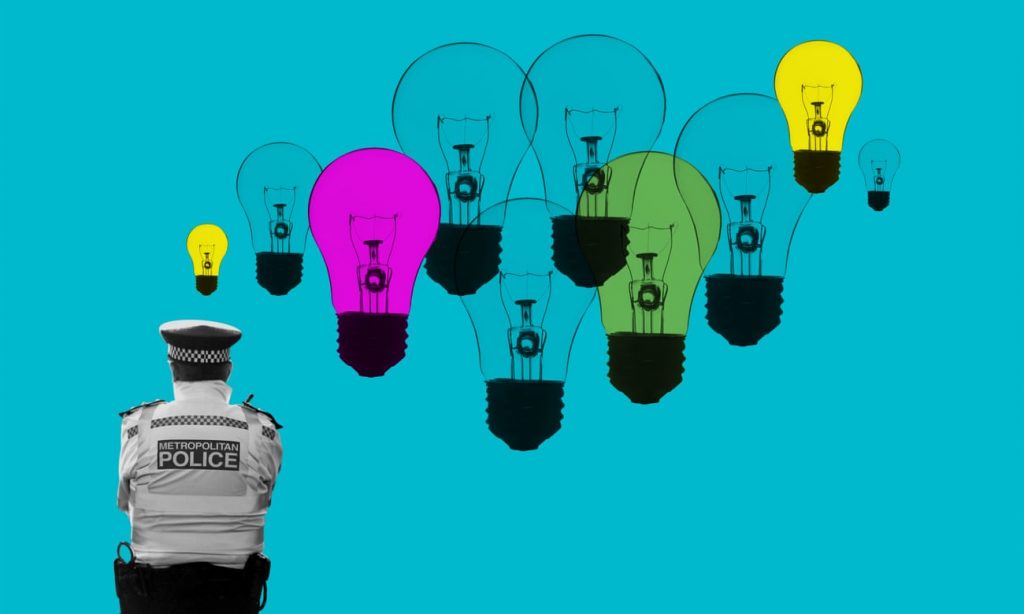
Ever since I was a boy, it was my dream to become a policeman. Growing up in Toxteth, Liverpool, amid the riots of the 1980s, it must have seemed crazy: black gay scousers from working-class estates didn’t go into the police.
I joined Greater Manchester police three months after 9/11. From training, through to my transfer to the Metropolitan police in London, racism blighted my career. I fell ill with depression, and challenged the police in the courts. The Metropolitan police was found to have harassed, victimised and discriminated against me, because of my sexuality and the colour of my skin. I was then forced out after 11 years’ service.
It’s uncomfortable for many to acknowledge, but brutality, racism and the denial of civil liberties aren’t just things that happen to black people in America. The only difference is that our police are not routinely armed. If you’re black in Britain, you’re nine times more likely to be stopped and searched for drugs, three times more likely to be arrested, four times more likely to be Tasered in London, or detained under the Mental Health Act, and twice as likely to die in police custody. More than half the people in young offender institutions are black or brown.
How should the police change? The first and easiest step is by admitting that systemic racism exists. To own it. Only then can we root it out. Twenty years after the report into Stephen Lawrence’s murder, the Met commissioner says the force is no longer institutionally racist, despite overwhelming evidence to the contrary. When wrongdoing is shown, it means accepting it publicly and doing something about it. In my case, officers who treated me differently were promoted. To this day, I have never received an apology.
Black and brown police leave as quickly as they join, but simply recruiting more non-white faces is not the answer. We need officers who think different, not just look different. Unconscious bias training can help, but this is pointless unless you change the system. We need leadership that is transparent and forward-thinking. We also need officers to be honest with each other about racism, and to call out racist behaviour when they see it. The awkward conversations are long overdue.
Published by The Guardian on 15 August 2020.